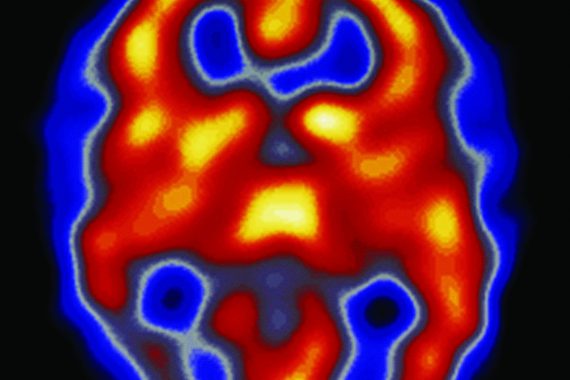The guideline
The Scottish Intercollegiate Guideline Network has updated its guidance on pharmacological management of migraine. The update covers acute and chronic migraine and includes a treatment algorithm.
Key points for GPs
Acute migraine
- Aspirin 900mg is recommended as a first-line treatment. Ibuprofen 400mg is also recommended as first-line, increasing to 600mg if required.
- Triptans are recommended as first-line treatment, with sumatriptan 50-100mg as first choice.
- In adults, consider metoclopramide 10mg or prochlorperazine 10mg as antiemetics.
Chronic/episodic migraine
- Propranolol 80–160mg daily is recommended as a first-line prophylactic treatment.
- Sodium valproate 400–1500mg daily can be considered as a prophylactic treatment. Topiramate, amitriptyline and candesartan are alternatives.
- Patients overusing acute treatment should be warned at the outset about the risk of developing overuse headache.
Practical issues
SIGN includes sodium valproate as a prophylactic option for episodic or chronic migraine, in contrast to the NICE guidance on headache. GPs should be aware sodium valproate is associated with foetal malformation and poorer cognitive outcomes in children exposed to it in the womb and must counsel women for whom they are considering it on the risks of getting pregnant while on the drug.
Expert comment
Dr David Kernick, GPSI in headache at the Exeter Headache Clinic, commented: ‘Migraine is in the top five of the WHO disability index and the second most common cause of work absence, yet the needs of many sufferers go unmet. The revised SIGN guidelines give clear advice on the management of the patient who presents with migraine and the associated issue of medication overuse headache. Non-drug approaches including botox, occipital nerve injection and electrical stimulation devices are also included.’
The guideline
SIGN 155: Pharmacological management of migraine. Edinburgh; SIGN: 2018.

















